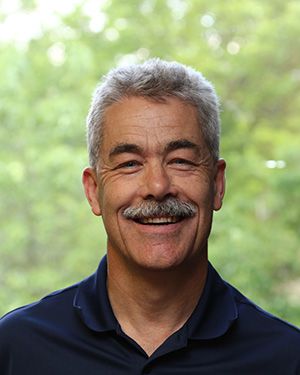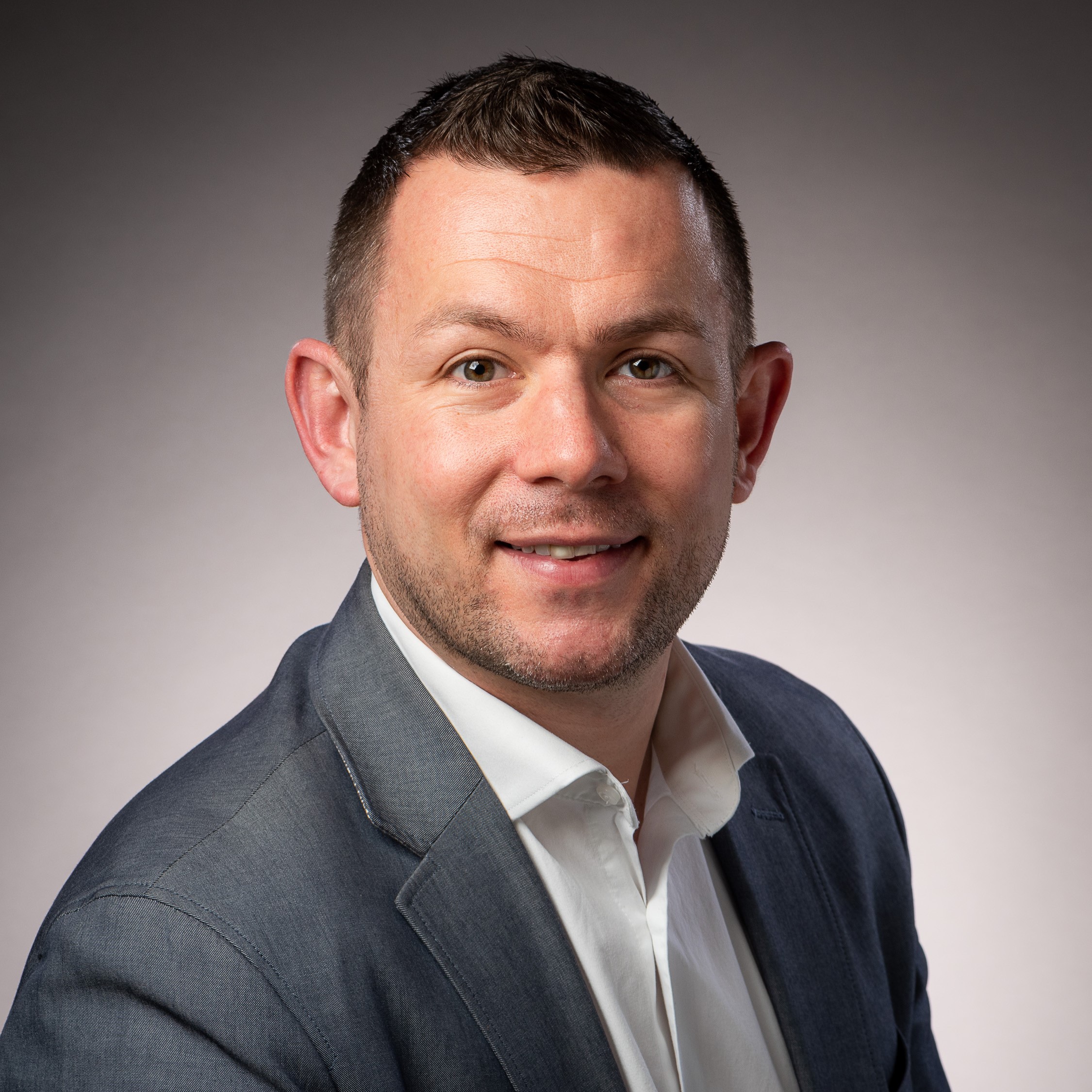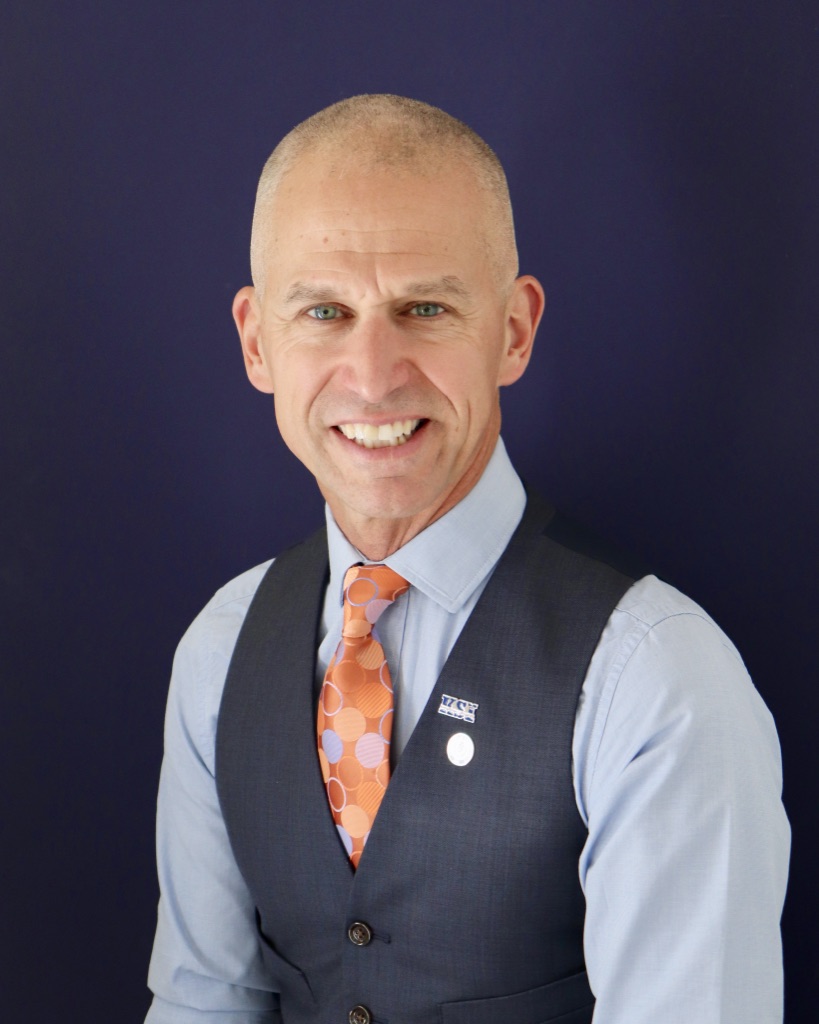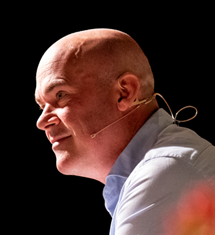Expert Panel Members
Annually, GSSI invites subject matter experts to serve on an Expert Panel. The members below represent the 2025 Expert Panel.

Lawrence Spriet, PhD - GSSI XP Chair
University of Guelph, Ontario, Canada
Bio
Dr. Lawrence L. Spriet is a University Professor Emeritus and former Chair of the Department of Human Health and Nutritional Sciences at the University of Guelph in Ontario, Canada. Dr. Spriet has conducted basic research examining the regulation of human skeletal muscle fat and carbohydrate metabolism during exercise and sporting situations and how exercise training increases the metabolic capacity of these pathways. He has also conducted practical “Sports Nutrition” research to examine whether suggested "ergogenic" aids augment muscle metabolism. and/or improve human exercise performance (e.g., pyruvate, taurine, caffeine, omega fatty acids) He works with many amateur and professional ice hockey, soccer, basketball, and baseball athletes and teams, assessing their hydration and fuel status during practices and games, to prevent the negative performance effects of mild dehydration and under fueling. He is the Chair of the Gatorade Sports Science Institute XP meetings and is an advisory member of the IOC “Sports Nutrition Diploma” program. He is a Fellow of the American College of Sports Medicine and “Citation Award” winner. He was also granted the “Honour Award” from the Canadian Society for Exercise Physiology. He is an avid ice hockey player in the winter and cyclist in the summer.
XP Panel role
GSSI XP chair and SSE Editor-in-Chief

James Betts, PhD
University of Bath, Bath, England, United Kingdom
Bio
James Betts is Professor of Metabolic Physiology at the University of Bath, where he is Co-Director of the Centre for Nutrition, Exercise & Metabolism. Before joining the University of Bath in 2005, he completed his PhD aged 24 at Loughborough University under the supervision of Professor Clyde Williams. His research takes an integrative approach to the study of human metabolic regulation - translating basic molecular mechanisms through to applied whole-body physiology. In particular, James’ work uses randomised controlled trials to test the effects of nutritional interventions on human performance and health outcomes. In recent years his research group has focused on understanding nutrient timing, with experiments involving prolonged fasting, sequential meal tests, nocturnal feeding and circadian biology. James has published over 130 scholarly articles in these areas, was the recipient of the 2015 Cuthbertson Medal for excellence in clinical nutrition research, and since 2019 has been Editor-in-Chief of the International Journal of Sport Nutrition & Exercise Metabolism.
XP Topic
Nutrient timing and metabolic regulation

Douglas J Casa, PhD
Korey Stringer Institute, UCONN, CT, USA
Bio
Dr. Douglas J. Casa is the CEO of the Korey Stringer Institute (since it was founded in 2010) and is a Board of Trustees Distinguished Professor of Kinesiology (began at UCONN in 1999) at the University of Connecticut. Dr. Casa was inducted into the NATA Hall of Fame in June 2024. The mission of the KSI (ksi.uconn.edu) is to provide research, education, advocacy, and consultation, to maximize performance, optimize safety, and prevent sudden death for the athlete, warfighter, and laborer. Additionally, he is the editor of a book titled: Preventing Sudden Death in Sport and Physical Activity (2nd edition, 2017), published by Jones & Bartlett in cooperation with the American College of Sports Medicine. Another recent book titled Sports and Physical Activity in the heat: Maximizing Performance and Safety was published by Springer in the winter of 2018. His latest book- Elite Soccer Players: Maximizing Performance and Safety was published by Routledge in 2020. Dr. Casa has published about 400 peer- reviewed publications/book chapters and presented more than 600 times on subjects related to maximizing performance in the heat, exertional heat stroke, heat-related illnesses, preventing sudden death in sport, and hydration. He has an H-index of 66. As a licensed athletic trainer Dr. Casa has successfully treated 401 cases of exertional heat stroke (with 0 fatalities). In addition, from 2018 through 2021 he served on the International Olympic Committee Adverse Weather Impact Expert Group for the Olympic Games Tokyo 2020 (took place in 2021) that focused on the extreme heat anticipated for these games.
XP Topic
Beyond Sport: sports science for athlete wellness & applications to the warmer world

Luc Van Loon, PhD
Maastricht University, Maastricht, the Netherlands
BIO
Professor Luc van Loon was appointed Professor of Nutrition and Exercise at Maastricht University in The Netherlands in 2010. Luc has an international research standing in the area of skeletal muscle metabolism, has published well over 500 peer-reviewed articles (30.000 citations) achieving an H-index of 92. Current research in his laboratory focuses on the skeletal muscle adaptive response to physical (in)activity, and the impact of nutritional and pharmacological interventions to modulate metabolism in both health and disease. The latter are investigated on a whole-body, tissue, and cellular level, with skeletal muscle as the main tissue of interest. He is active in various media to translate research findings to the general public, highlighting the impact of nutrition and physical activity to support performance and health.
XP Topic
Protein: what's new

Margaret Morrissey-Basler, PhD
Providence College, Providence, RI, USA
Bio
Dr. Margaret Morrissey-Basler is an Assistant Professor of Health Sciences at Providence College and the Senior Advisor of Occupational Heat Safety Advisor at the Korey Stringer Institute. She has over 34 peer-reviewed publications on heat stress, worker health, and hydration and led a 51-expert roundtable on occupational heat safety, resulting in a heat safety consensus document. She also serves as the Chair of the Thermal Stress Working Group at AIHA and a subcommittee member of the recently published ANSI/ASSP A10.50 heat stress construction voluntary standard. She has been invited to speak about heat safety at many safety events and conferences, such as NSC, VPPPA, AIHce, AIHConnect, ACGIH, and NIHHIS. She has consulted with numerous organizations such as UPS and Delta Airlines to improve their heat stress management plans. She dedicated her career to providing evidence-based guidelines to protect underserved working populations from heat stress through research, education, and advocacy initiatives.
XP Topic
Beyond athletes: acute and long-term health issues of occupational exposure to heat and high physical loads.

Lindsey Ormond
Actus Nutrition, Minneapolis, MN, USA
BIO
Lindsey Ormond is a registered nutritionist with 20 years’ experience in both industry and applied settings, particularly performance and lifestyle nutrition markets. Having worked in R&D and commercial settings, Lindsey focuses on bringing together nutrition science, consumer insight and customer needs, to produce commercially viable solutions that enable people to live healthier and perform better. Lindsey is currently Director of Innovation and Research at Actus Nutrition (previously Milk Specialties Global), an industry-leading manufacturer of milk and whey protein ingredients. As the human nutrition expert at Milk Specialties, her role centers around interpreting and managing research on dairy ingredients and proteins for human health and performance; driving customer innovation; and leading industry initiatives. Lindsey also works as a consultant to the industry through her own company, LO Health Solutions, advising on product formulations, marketing and nutrition science strategies. She is a mum to two energetic young boys and loves anything that gets her outside and moving, from nature reserve walks and gym workouts, to skiing and golf.
XP Topic
Functional ingredients for athletes and beyond

Lorena Torres Ronda, PhD
You First, Madrid, Spain
BIO
Lorena Torres Ronda is a Spanish expert in human performance, currently Director of Player Performance at You First. She holds a Ph.D in sport science, several Master and has a wide educational, teaching and research background spanning five different universities across the globe, with specializations in sport performance and sport science. Lorena has more than twenty years of extensive experience working with elite professional and Olympic athletes in different disciplines, but spent most of her professional career in professional basketball, and with professional soccer players lately. A recent milestone has been being part of the Spanish National Basketball Federation, as the first woman member of the coaching staff of the senior men's team, being part of the gold medal achieved in the 2022 European Championship. Prior to her current role, she has served as a Performance Director for the Philadelphia 76ers (NBA) and as Sport Scientist, Research and Development Coordinator with the San Antonio Spurs (NBA). For her career, Lorena has received awards for distinguished professional achievements from the Balearic government, the Women's Sports Institute and, from the Spain’s National Sports Council [Consejo Superior de Deportes (CSD)], who awarded Lorena Torres with the bronze medal of the Royal Order of the Sporting Merit. In addition to leadership and high-performance culture, her focus centers on human performance, from a holistic, multifactorial, global and integrative perspective, supporting people to achieve their performance goals, while creating a lifestyle that allows them to be their best selves. She is ultimately passionate about merging the science of excellence with practical applications, to help others reach their potential.
XP Topic
Opportunities for technology and nutrition in sport



